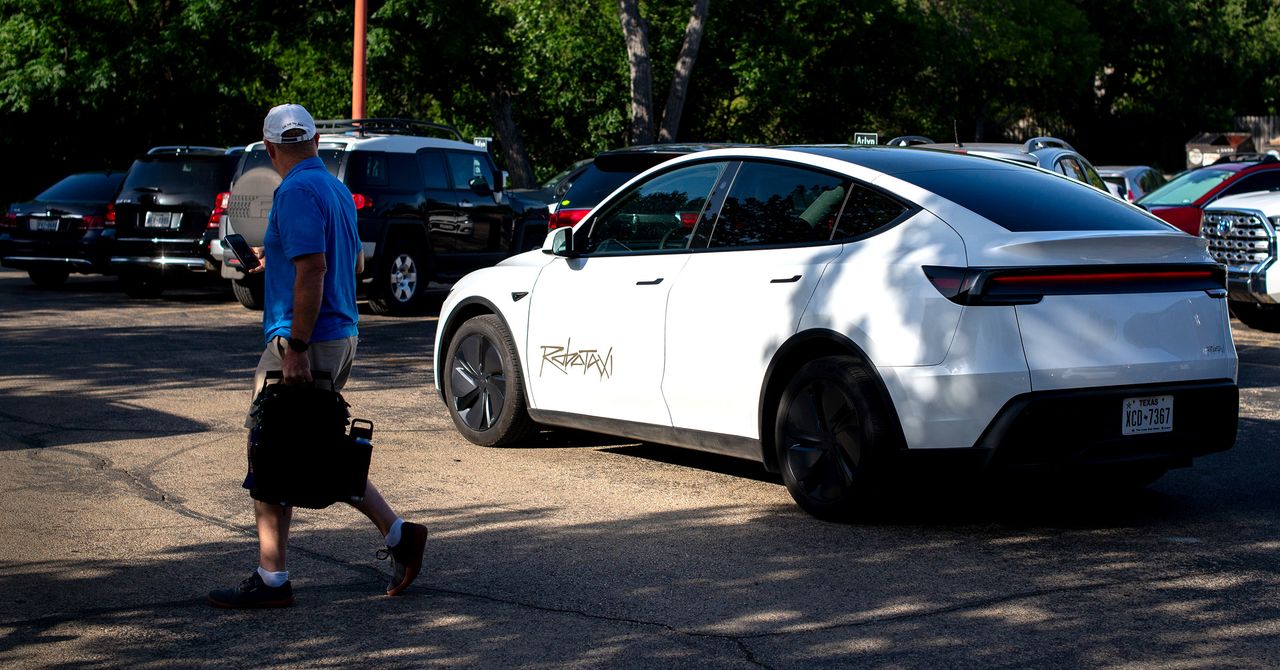New Advocacy Group SAVE‑US Pushes for Stricter Self‑Driving Car Regulations

Key Points
- SAVE‑US (Safe Autonomous Vehicles Everywhere in the United States) is a new advocacy group targeting autonomous‑vehicle safety.
- The group focuses on Tesla’s vision‑only self‑driving approach and calls for multisensor requirements.
- Key leaders include physicist Shua Sanchez and former Zoox engineer Bob Somers.
- SAVE‑US seeks clearer disclosures, mandatory public crash reporting, and sensor diversity in legislation.
- Targeted states for early action include Illinois, New York, and New Jersey.
- The effort aligns with a federal investigation into Tesla’s Full Self‑Driving software.
- Funding comes from parties interested in autonomous‑vehicle technology and political consulting firms with progressive ties.
A newly formed advocacy group called Safe Autonomous Vehicles Everywhere in the United States (SAVE‑US) is urging state lawmakers to adopt tougher regulations for autonomous vehicle technology. The group focuses on Tesla's vision‑only approach, calling for clearer disclosures, public crash reporting, and the use of multiple sensor types. Led by physicist Shua Sanchez and former Zoox engineer Bob Somers, SAVE‑US aims to influence legislation in large states such as Illinois, New York, and New Jersey. The effort comes amid a federal investigation of Tesla’s Full Self‑Driving software and broader concerns about safety standards across the industry.
Background
A coalition of safety advocates has launched Safe Autonomous Vehicles Everywhere in the United States, abbreviated as SAVE‑US. The organization emerged from a broader movement that has been monitoring the development of autonomous vehicle technology, particularly the practices of Tesla, which relies solely on cameras and software without additional sensors such as lidar.
Goals of SAVE‑US
SAVE‑US seeks several regulatory changes. First, it wants developers to provide clearer information about the capabilities and limits of their self‑driving systems. Second, the group advocates for mandatory public reporting of crash data to state authorities. Third, it calls for legislation that requires the inclusion of multiple sensor modalities—cameras, radar, lidar—to enhance safety.
Key Figures
The campaign is directed by Shua Sanchez, a physicist who previously participated in the Tesla Takedown movement. He is joined by Bob Somers, a former engineer at Zoox, who serves as the technical adviser. Both have been active in public engagements, including meetings at administrative hearings in California.
Regulatory Landscape
In the United States, autonomous‑vehicle regulations are primarily handled at the state level, resulting in a patchwork of standards ranging from stringent rules in California to more permissive approaches in Arizona and Texas. SAVE‑US plans to target lawmakers in populous states such as Illinois, New York, and New Jersey to establish more uniform safety requirements.
Industry Response
While SAVE‑US focuses on Tesla, it acknowledges that other manufacturers also have safety responsibilities. Competitors such as Waymo and Zoox employ additional sensors beyond cameras, reflecting differing strategies for achieving autonomous operation. The group’s technical adviser, Somers, emphasizes that safety should be a baseline, not a competitive advantage.
Federal Investigation
The push for stricter rules coincides with a federal investigation into Tesla’s Full Self‑Driving (FSD) software. Authorities have examined incidents where the system allegedly ran red lights or traveled on the wrong side of the road, prompting calls for tighter oversight.
Funding and Political Connections
SAVE‑US is backed by funders with interests in autonomous‑vehicle technology. The organization’s leadership also works with political consulting firms that have ties to progressive causes, suggesting a broader strategic effort to align safety regulation with public sentiment.
Future Outlook
As autonomous technology continues to evolve, SAVE‑US aims to shape the regulatory framework to ensure that safety standards keep pace with innovation. By advocating for transparent disclosures, comprehensive crash reporting, and multisensor requirements, the group hopes to prevent unsafe practices from undermining public confidence in self‑driving vehicles.